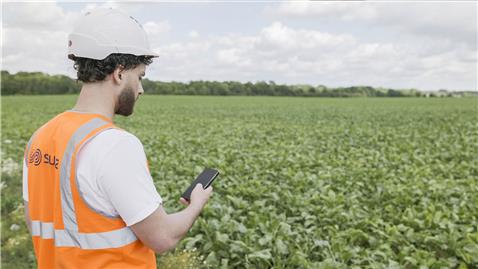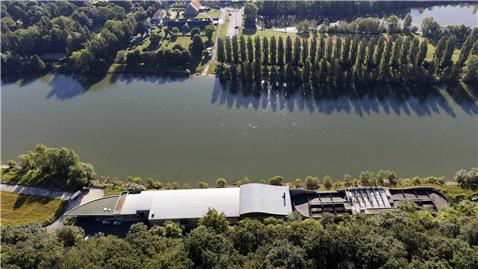
Sustainable development: preserving our essentials is an investment in the future





Our key achievements in 2024

- 11%

35%



Our key achievements in 2024

80%

14.8 hectares



Our key achievements in 2024

67 %

3,374





We assess progress towards our sustainability targets according to a strict timetable, using quantitative performance indicators. Indicators are monitored by SUEZ executive management and CSR Committee.
Our CSR Committee, comprising members of the Board of Directors, validates sustainability targets, ensures that adequate resources are allocated to achieve them and evaluates their implementation. It reviews progress towards the Group’s commitments several times a year. The Group’s Executive Committee monitors that progress, performs budget oversight and approves transformative projects that contribute to the achievement of the roadmap objectives. Throughout the year, an operational steering committee meets to monitor the progress of our commitments and their implementation within the various Group entities.
In addition, 30% of annual variable pay for Chairman, Chief Executive Officers and Executive Committee members, and 20% of SUEZ executives’ long-term compensation were indexed in 2024 to the fulfilment of specific health and safety, climate, employee commitment and gender equality targets.
This is part of a wider governance system designed to ensure that sustainable development issues, ethical principles and risk management are considered at all levels of the business and reported to all the Group’s stakeholders. SUEZ Sustainability Statement, Ethics Charter, Human Rights Policy and Vigilance Plan constitute its key reporting documents and are available on the Group’s website.
Any breach of the fundamental principles set out in those documents can be reported to [email protected].